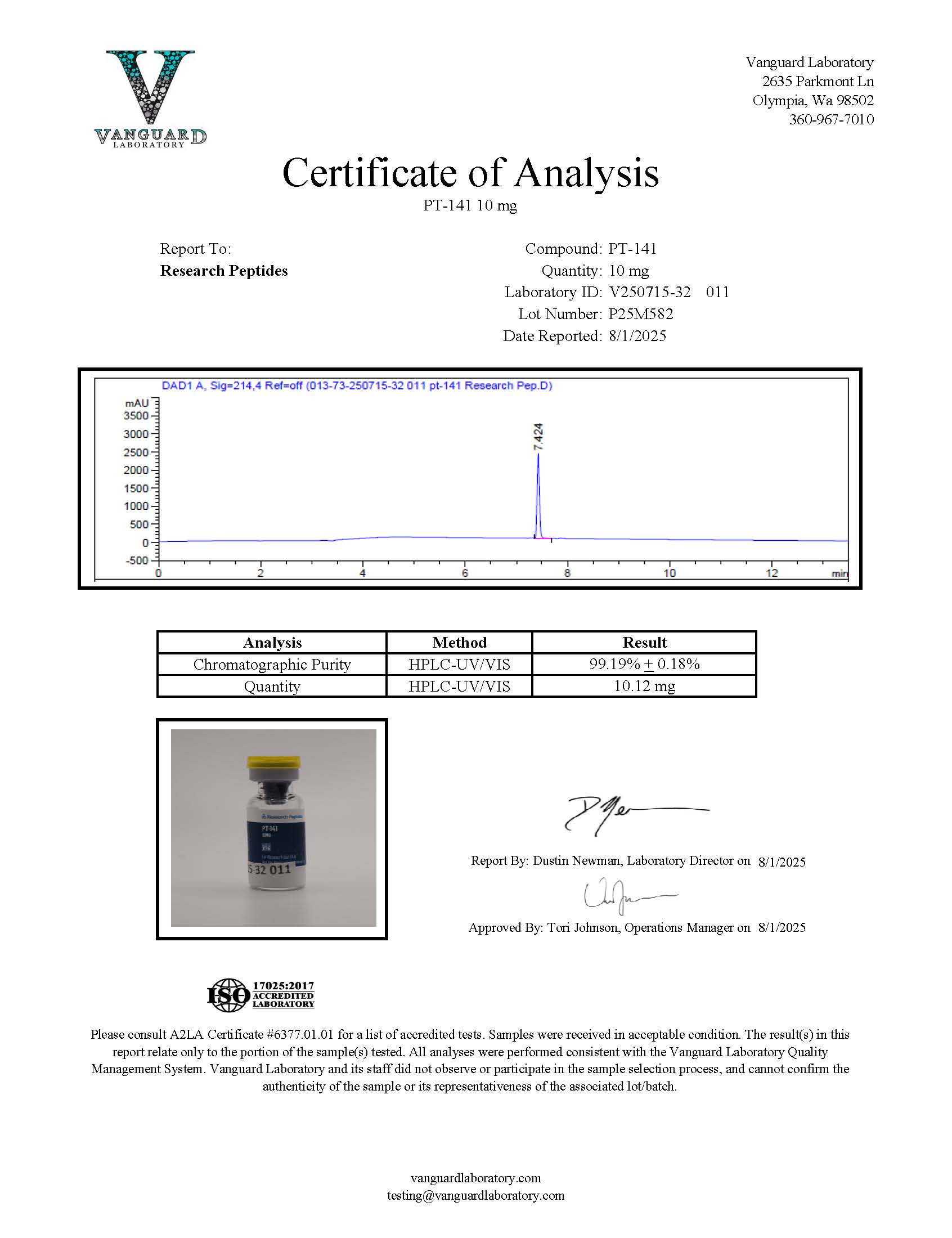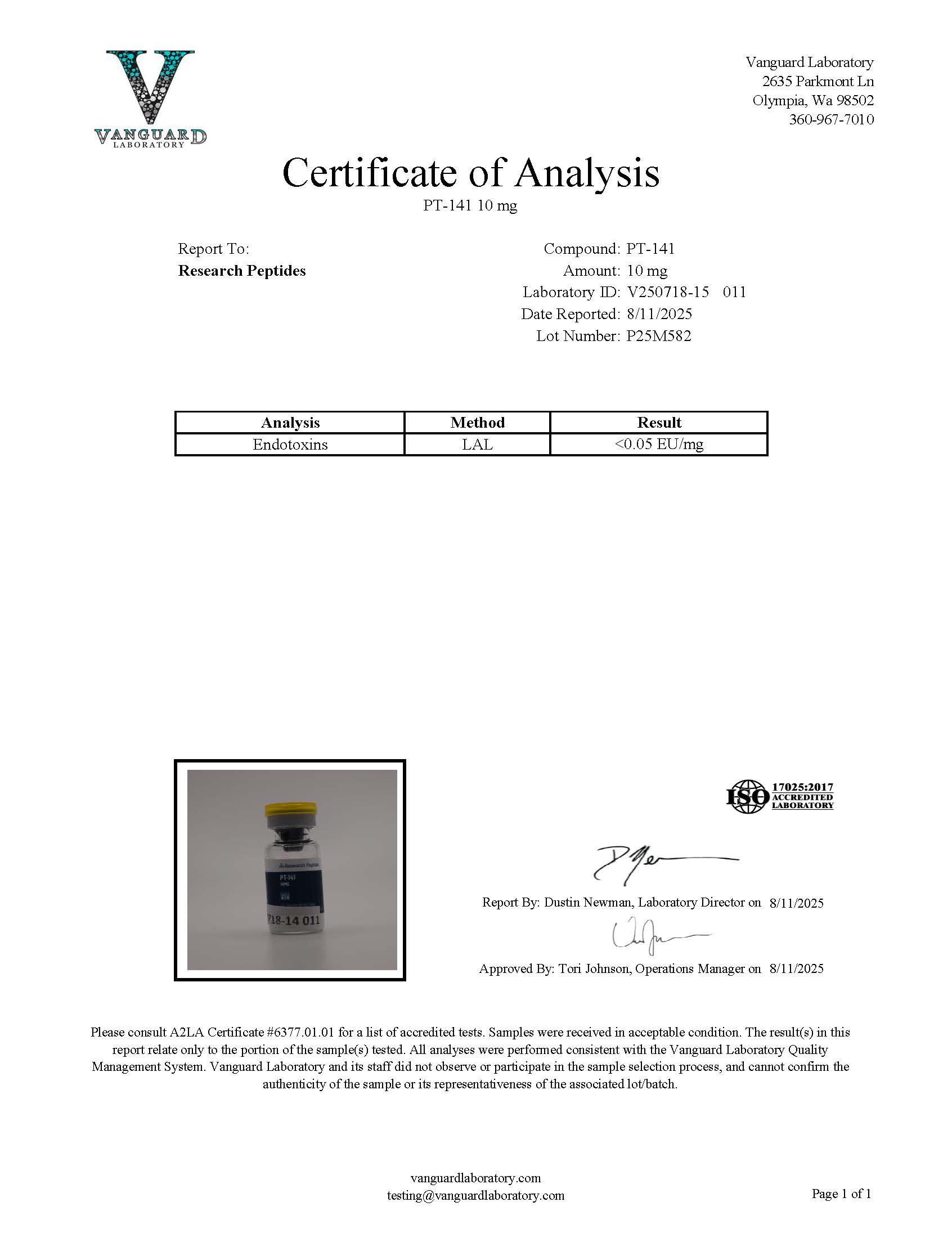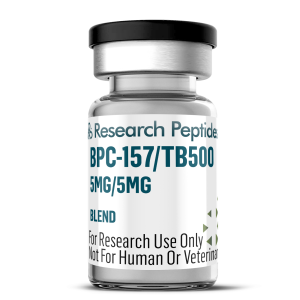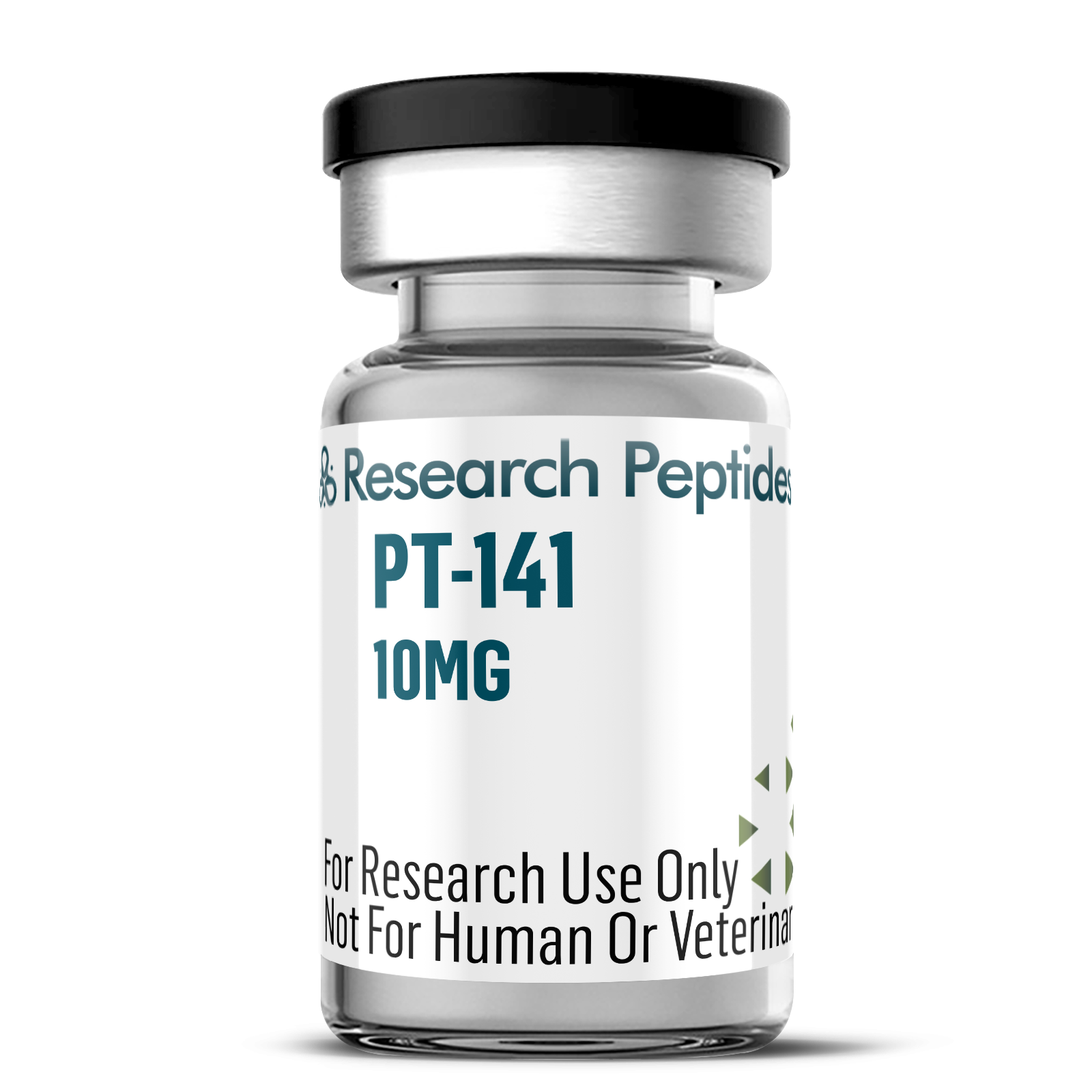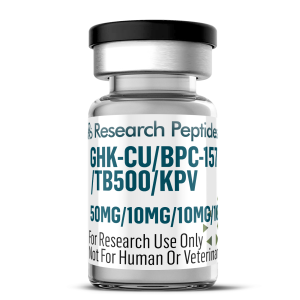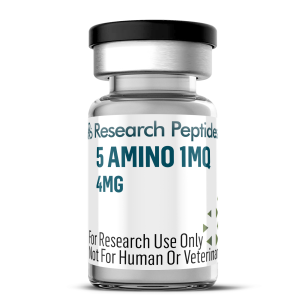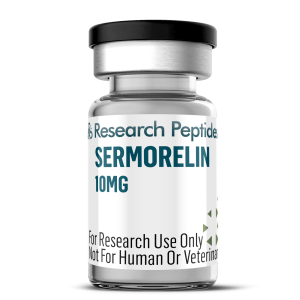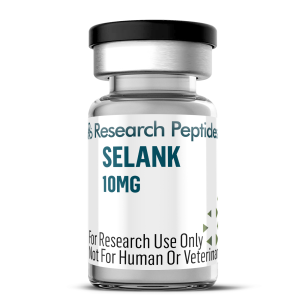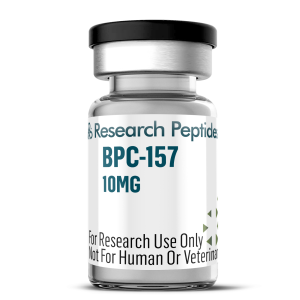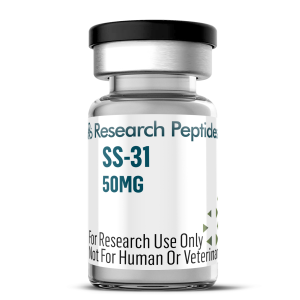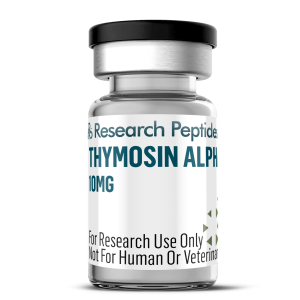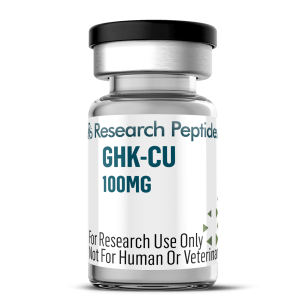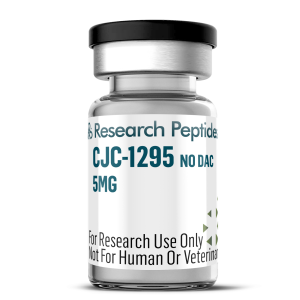PT-141 10mg
$45.00
In stock
PT-141, also known as Bremelanotide, is a high-purity synthetic cyclic heptapeptide, a derivative of alpha-melanocyte-stimulating hormone (α-MSH), designed exclusively for laboratory research. This peptide acts as a potent, non-selective agonist of melanocortin receptors (primarily MC3R and MC4R), making it a valuable tool for investigating neuroendocrine signaling, appetite regulation, and inflammatory pathways. Supplied as a lyophilized powder for reconstitution, PT-141 provides researchers with a precise compound to study its effects on metabolic and physiological processes in experimental models.
What is PT-141?
PT-141, also known as Bremelanotide, is a high-purity synthetic cyclic heptapeptide, a derivative of alpha-melanocyte-stimulating hormone (α-MSH), designed exclusively for laboratory research. This peptide acts as a potent, non-selective agonist of melanocortin receptors (primarily MC3R and MC4R), making it a valuable tool for investigating neuroendocrine signaling, appetite regulation, and inflammatory pathways. Supplied as a lyophilized powder for reconstitution, PT-141 provides researchers with a precise compound to study its effects on metabolic and physiological processes in experimental models.
PT-141 Structure
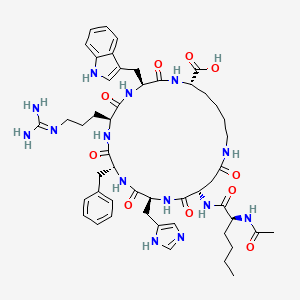
Molecular Formula
Synonyms
Research Applications:
PT-141 is extensively studied in preclinical research for its ability to modulate melanocortin signaling, which influences appetite, energy expenditure, and inflammation in cellular and animal models. Investigations focus on its activation of MC4R to suppress appetite and increase energy expenditure, making it a key compound for weight loss studies. Research also explores its anti-inflammatory properties and potential to enhance tissue repair, which may support muscle recovery by reducing exercise-induced inflammation and promoting cellular repair. Its role in regulating energy homeostasis and metabolic health further supports its use in health optimization research.
Research Links:
-
Molinoff, P. B., et al. (2003). “PT-141: A melanocortin agonist for the treatment of sexual dysfunction.” Annals of the New York Academy of Sciences, 994, 96-102. https://pubmed.ncbi.nlm.nih.gov/12851303/
-
Introduces PT-141’s melanocortin receptor activity, with implications for metabolic regulation.
-
-
Getting, S. J., et al. (2006). “Melanocortin peptides and their receptors: New targets for anti-inflammatory therapy.” Trends in Pharmacological Sciences, 27(10), 533-540. https://pubmed.ncbi.nlm.nih.gov/16935348/
-
Explores PT-141’s anti-inflammatory effects, relevant to muscle recovery research.
-
-
Chen, W., et al. (2006). “Melanocortin receptor agonists modulate energy homeostasis and body composition in preclinical models.” Peptides, 27(11), 2838-2845. https://pubmed.ncbi.nlm.nih.gov/16919836/
-
Investigates PT-141’s role in appetite suppression and weight management.
-
-
Hruby, V. J., et al. (2004). “Design, synthesis, and conformation of superpotent and selective melanocortin receptor agonists.” Journal of Peptide Research, 63(2), 154-162. https://pubmed.ncbi.nlm.nih.gov/15049836/
-
Examines PT-141’s melanocortin receptor specificity, supporting its use in metabolic studies.
-
-
Li, G., et al. (2006). “Melanocortin-4 receptor agonists reduce body weight and improve insulin sensitivity in obese rats.” Endocrinology, 147(6), 2586-2595. https://pubmed.ncbi.nlm.nih.gov/16556760/
-
Studies MC4R agonists like PT-141 in weight loss and metabolic health.
-
Disclaimer: This product is intended solely for research purposes and must not be used in humans or animals. Purchaser assumes full responsibility for safe and compliant use.
| CAS | 189691-06-3 |
|---|---|
| PubChem CID | 9941379 |
| Molecular Weight | 1025.18 g/mol |
| Amino Acid Sequence | Ac-Nle-cyclo[Asp-His-D-Phe-Arg-Trp-Lys]-OH |
| PubChem Link | |
| Product Note | For laboratory use only. Not for human or veterinary use. Proper handling and storage (-20°C) are required to maintain stability. Ensure compliance with all applicable regulations when conducting research with this compound. Peptides will arrive in a lyophilized (powder) form for maximum stability. |
HPLC Testing
